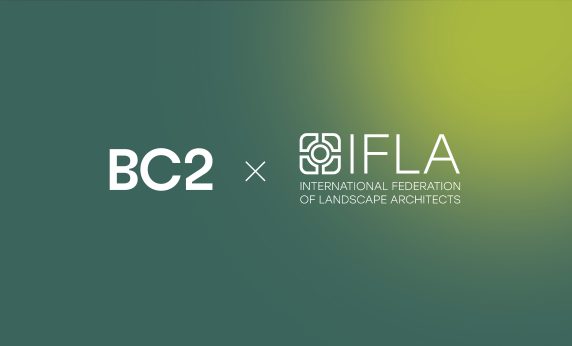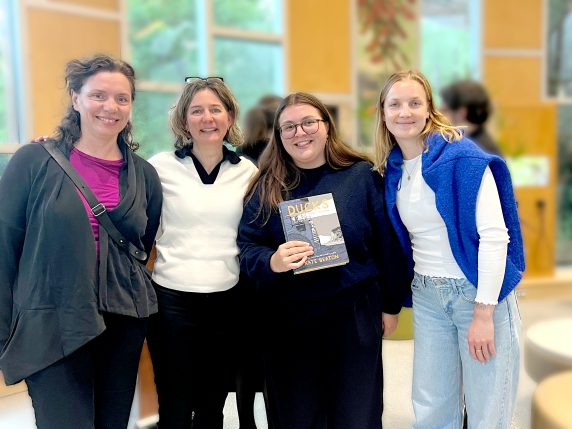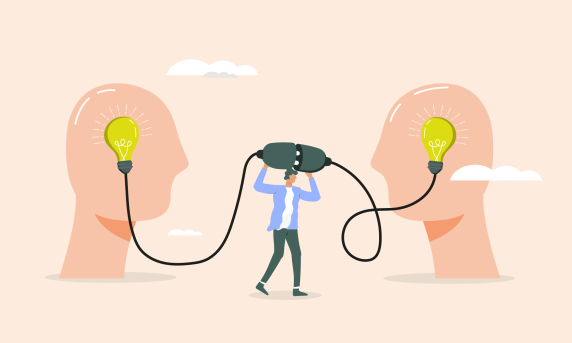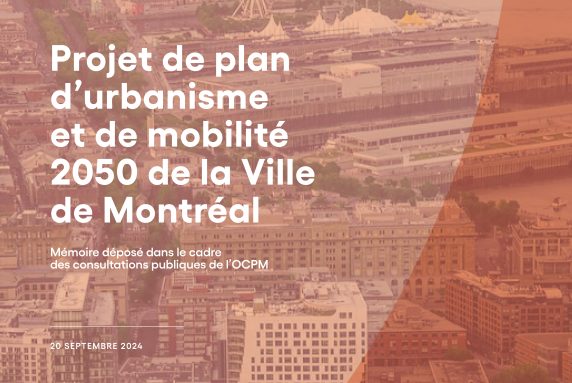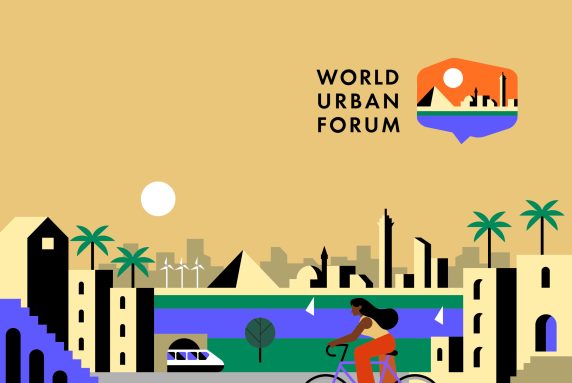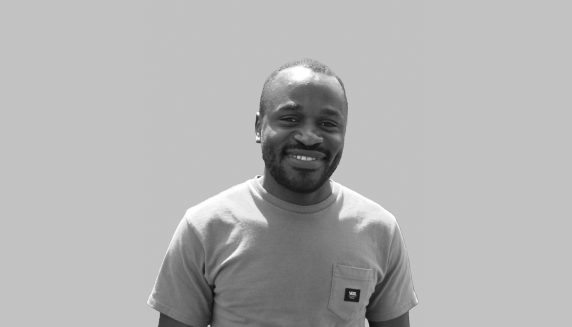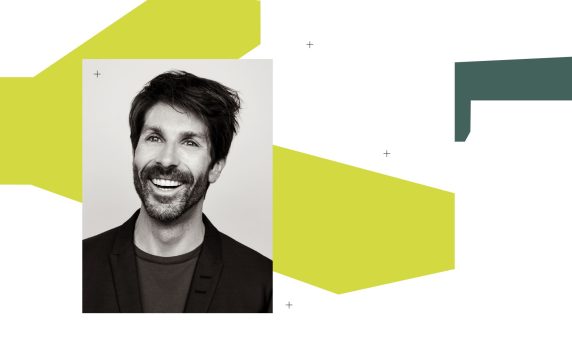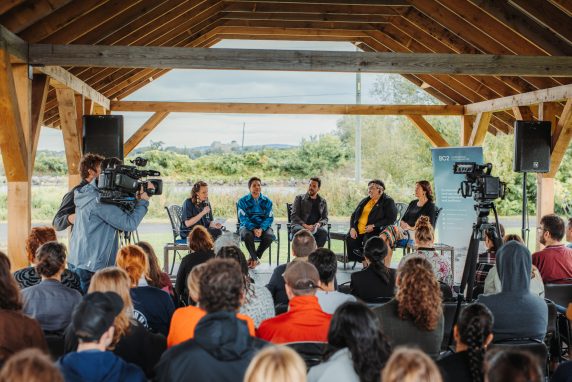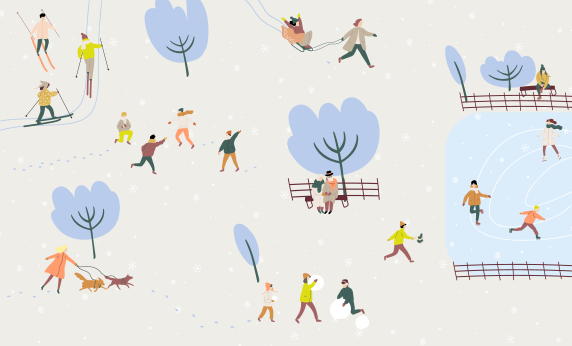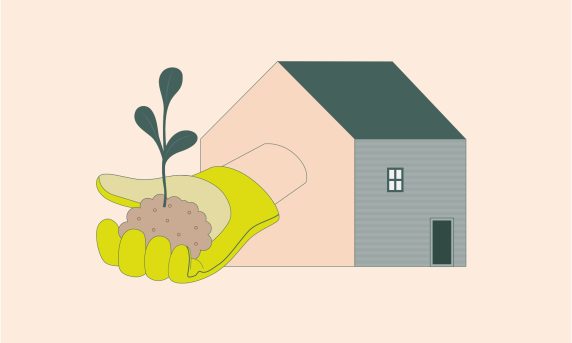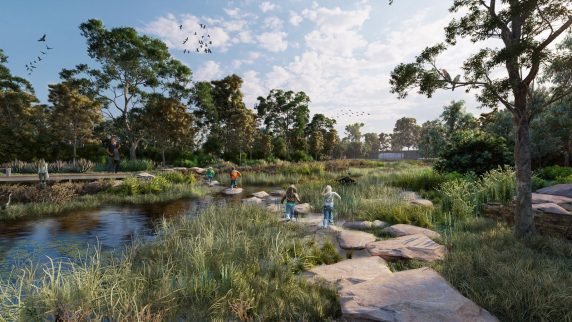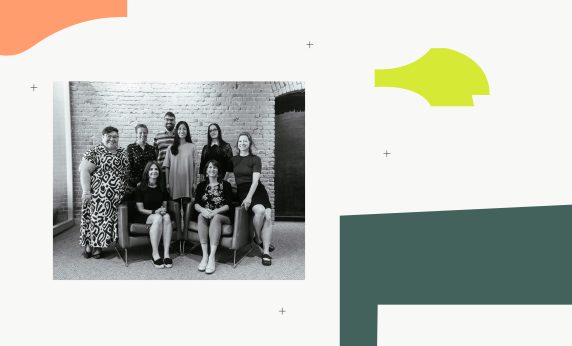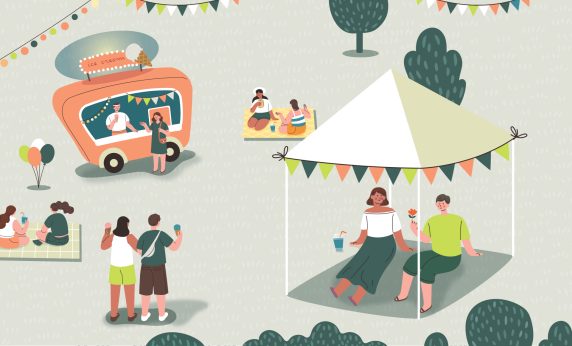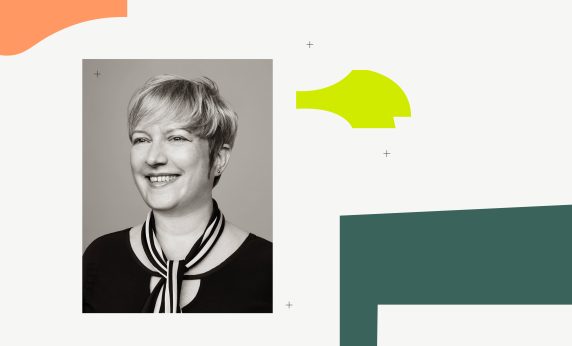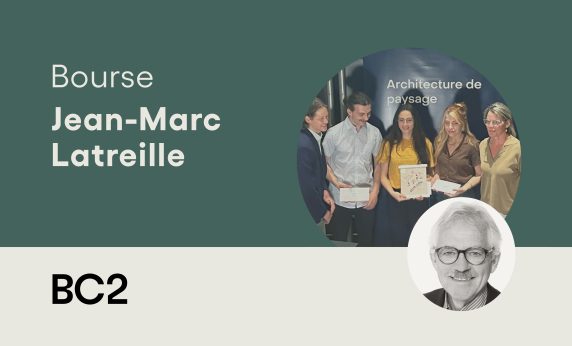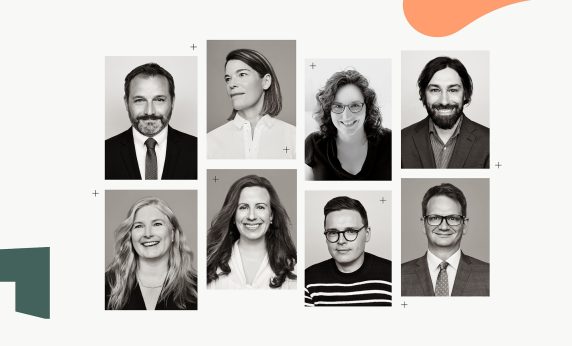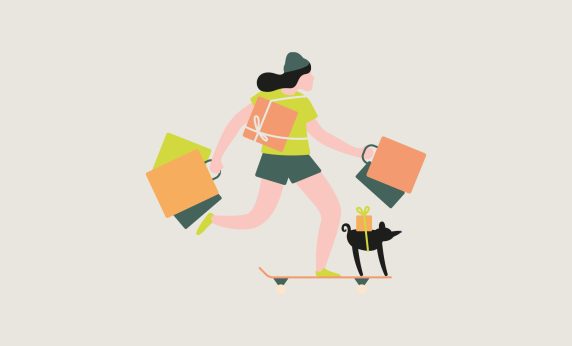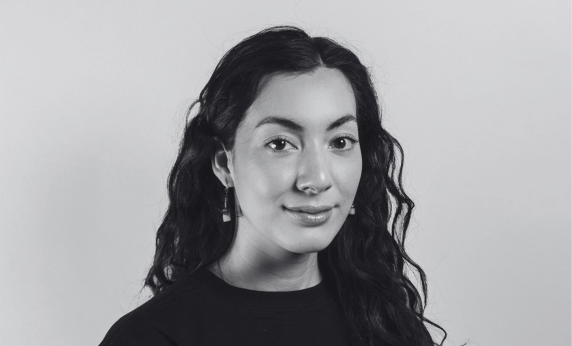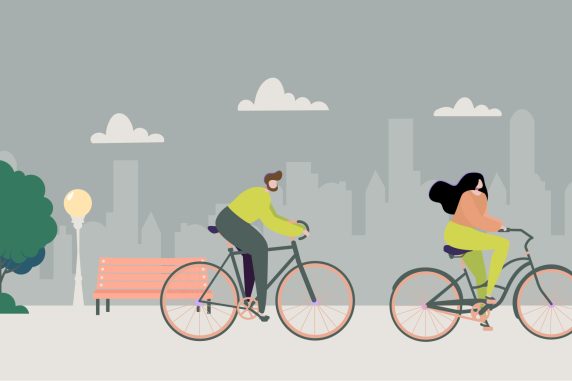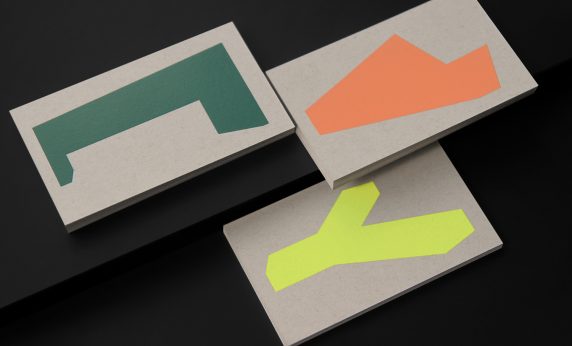Land use planning is transforming our living environments. Our experts dissect the issues raised by current events and share the news and ideas that make us progress together.
Articles
Gender-Sensitive Urban Planning
Chapters
As Montreal Pride celebrations are taking place, BC2 continues to work on the gender-sensitive urban design concept. BC2 has also been selected to participate in the Association des architectes paysagistes du Québec’s 2024 symposium, where this topic will be discussed.
Urban planning is an opportunity to create welcoming and safe spaces. The question is: how can we design spaces that meet everyone’s needs while offering an inclusive, positive experience for all?
When we stroll in a public space, our brain instinctively assesses levels of safety and comfort, which in turn informs our behavior and use of the environment. If our first impression is negative, this can deter us from using the space in the future. Marginalized populations are particularly vulnerable to the consequences of inadequate urban design that fails to meet their specific needs.
Characteristics such as gender, ethnicity, ability, sexual orientation, religion and socio-economic status, as well as previous (good or bad) experiences all interact at multiple levels simultaneously. These interactions contribute to feelings of vulnerability, discrimination and inequality, commonly referred to as intersectionality.[1]
The in-depth study of the relationship between marginalized populations and the public space is still in its infancy. However, a number of international studies have already produced findings and identified possible solutions; the Australian city of Canberra, for instance, has developed a toolbox for gender-sensitive urban design and inclusive amenities.
While more work remains to be done, it is heartening to see a growing commitment to equity in urban spaces among planners, designers and decision-makers. Through our efforts to integrate the concerns of various population groups regarding safety, sociability, access and image, and to promote a consultative or co-creative process, we are affirming everyone’s right to occupy and use public spaces. This approach fosters confidence in people and encourages their active participation in urban life.
[1]Transport Canberra and City Services and Place Lab, Gender Sensitive Urban Design Implementation Toolkit (GSUD), https://www.cityservices.act.gov.au/__data/assets/pdf_file/0009/2258082/GSUD_Implementation-Toolkit-access-v2.pdf

